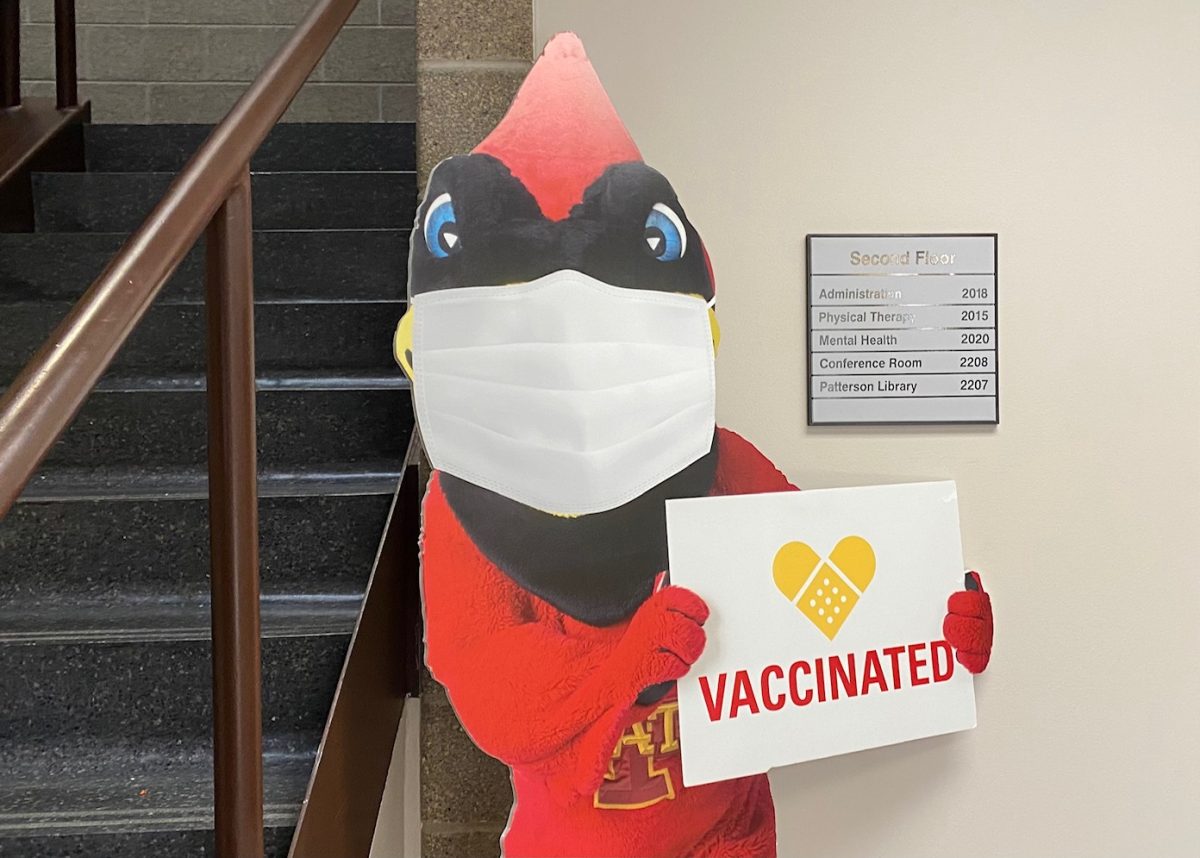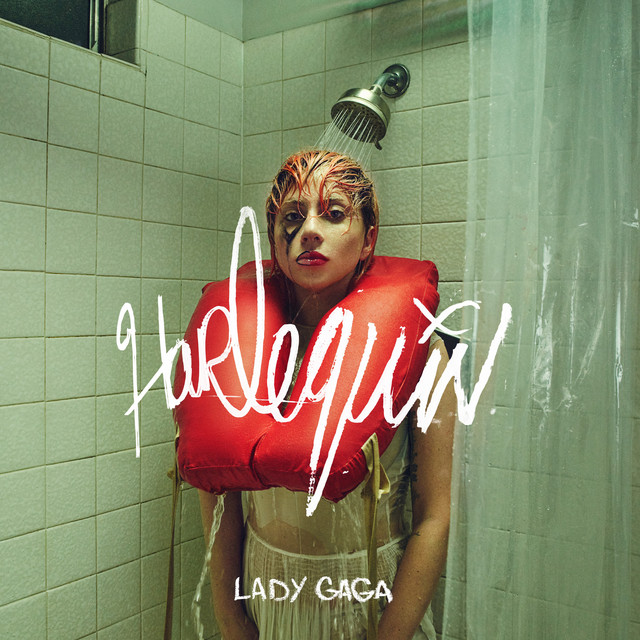Documentary poses questions about hate crimes
October 27, 1999
Just barely a year after Matthew Shepard was murdered in Lamarie, Wyo., because of his sexual identity, and after James Byrd was dragged to death in Jasper, Texas, because of the color of his skin, the issue of hate crimes seems to be a problem begging for a solution.
Two producers have opened the arena for discussion on violence in a new documentary that looks at the alternatives to hate. One of those producers is bringing the film to Iowa State.
Brent Scarpo, the founder of the New Light Media production company, will be showing clips from the documentary he co-produced with Martin Bedogne titled “Journey to a Hate Free Millennium Stories of Hope and Compassion” tonight at 7:30 in the Great Hall of the Memorial Union. The presentation is free and open to the public.
The film includes interviews with Shepard’s mother, Judy, the family of Columbine High School victim Rachel Scott, the family of James Byrd and a former neo-Nazi among others, including celebrities such as Elton John and Olivia Newton John.
The documentary presents three main questions to its audience: “What is hate?” “What happens when we choose to hate?” and “What happens when we choose not to hate?”
Kathleen Adams, sexual assault co-coordinator of the Margaret Sloss Women’s Center, was reading an article about the one-year anniversary of Shepard’s murder in an issue of The Advocate, in which New Light Media’s documentary was mentioned.
She immediately e-mailed Scarpo to see if he would be interested in bringing the presentation to ISU, and he quickly agreed, Adams said.
“This presentation will offer all of us an opportunity to come together to share feelings and ideas about what we can do in the face of hate crimes,” she said. “I’m glad we’re bringing it here because so many of us struggle with the feelings of helplessness about the deaths of Matthew Shepard and James Byrd and the tragedy at Columbine.”
Adams also said the presentation covers a spectrum of issues, including gays, blacks and students who fear violence in their schools.
“The common ground here is that we all feel helplessness in the face of violence,” she said.
Tara Wood, co-chairwoman for the Committee Against Violence, said finding sponsors for the events was quite easy.
“We had incredible feedback for funding. When we went before the Committee on Lectures, they said we had the longest list of sponsors the committee had seen,” said Wood, senior in political science.
Wood attributed the list of nearly 30 sponsors to the fact that the film doesn’t just deal with victims, but it also offers alternatives to violence.
“The film shows people who, even though they’ve been affected by violence, they’ve found way to fight violence with non-violence,” she said. “They use their negative experiences, not to perpetuate violence, but to eliminate it from their lives.”






